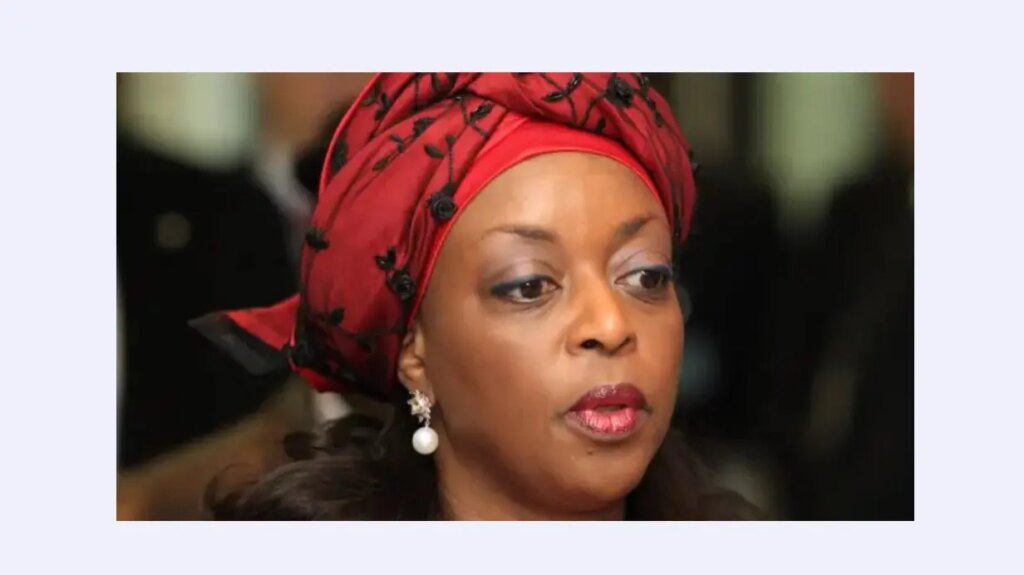The Federal Excessive Courtroom sitting in Abuja has mounted June 30 to listen to the go well with filed by former Petroleum Minister, Diezani Alison-Madueke difficult the forfeiture of her property by the Financial and Monetary Crimes Fee, EFCC.
Based on the Information Company of Nigeria, NAN, on the resumed listening to of the matter on Friday, the previous Petroleum minister was represented by Mr Godwin Iyinbor from the chambers of Prof. Mike Ozekhome, SAN, however the EFCC had no illustration in courtroom.
Inyinbor knowledgeable the courtroom presided over by Justice Musa Umar that Justice Inyang Ekwo, who dealt with the matter beforehand, had mentioned on the final adjourned date that any social gathering who prevented the particular listening to of the matter on the subsequent adjourn date would pay price.
Justice Umar, nevertheless, mentioned that since he was not the one who made that pronouncement, the anti-graft company ought to be given one other alternative to seem in courtroom.
He ordered that listening to notices be issued and adjourned the matter till June 30 for listening to. Within the go well with marked FHC/ABJ/CS/21/2023, which began in 2023, Alison-Madueke prayed the courtroom to increase the time to use for an order to put aside the EFCC’s public discover issued for the sale of her properties.
In her software, she argued that the orders for the forfeiture of her property have been made with out jurisdiction.
She held that she was denied honest listening to within the proceedings that led to the forfeiture orders. She sought 5 orders from the courtroom, together with the annulment of the EFCC’s public discover on the sale of her properties.
She contended that the assorted courtroom orders issued in favour of the EFCC violated her constitutional proper to honest listening to as enshrined in Part 36 (1) of the 1999 Structure.
The embattled former minister mentioned that she was by no means served with the cost sheet, proof of proof or summons relating to the cost in opposition to her.
She claimed that the courtroom had been misled into granting the forfeiture order as a result of suppression or non-disclosure of vital info.
The EFCC, nevertheless, prayed the courtroom to dismiss her software on the grounds that she had been correctly introduced earlier than the courtroom.
The anti-graft company held that the applying for last forfeiture of her property had been correctly instituted and performed following all authorized necessities.
It mentioned that the properties had been duly disposed of following the courtroom’s order, which had been made in 2017 and which had not been overturned on attraction.

